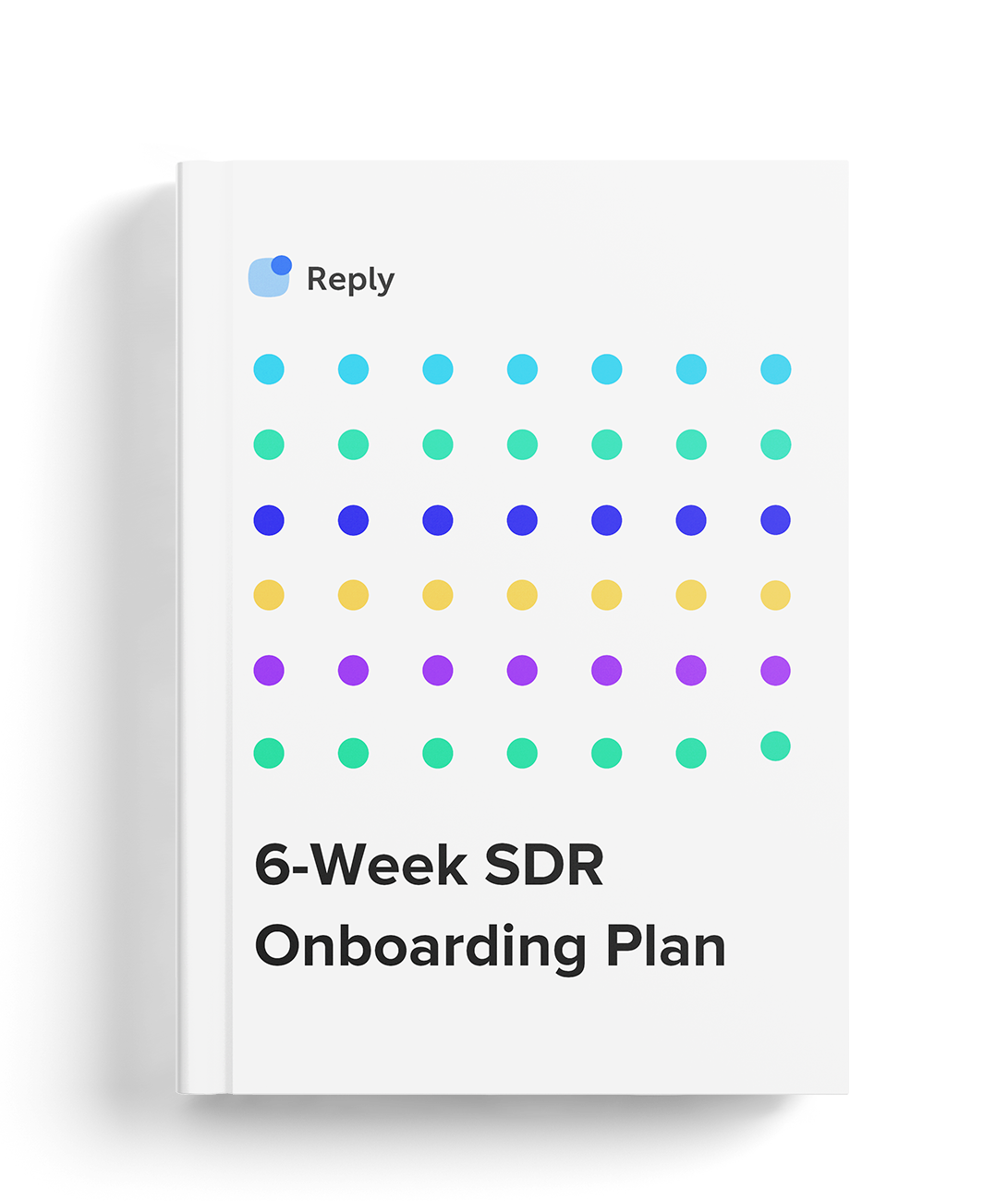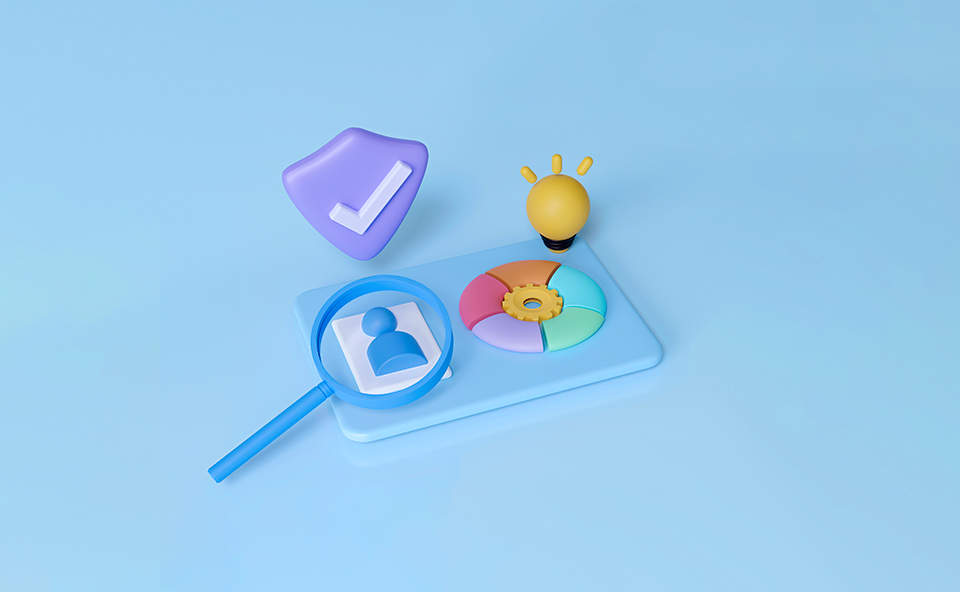If you’re running a successful agency, sooner or later the question of how to scale will come up. Whether you’re struggling to handle all your leads and clients and inquiries or you’re looking for new ways to grow your agency, the question is how to do it effectively.
It might seem obvious – just keep doing more of what you’re already doing, right? After all, that’s how you got here in the first place. Unfortunately, growing your agency requires a different approach and a whole new mindset.
Specifically, you need to look at three key areas:
Let’s take a closer look at each of these aspects and what is required to grow your agency.
Building your team for growth
When you first start an agency, it’s simple to keep track of how your team is doing, whether a new hire is working out or not, and whether you need to make any changes. As it’s usually just you and a handful of trusted team members, you can easily see what’s going on and quickly address any issues before they become serious problems.
But then your agency grows and keeping that same level of involvement will eventually become impossible. As a result, it’s essential to put the procedures and policies in place that’ll keep your team performing at their very best as you scale.
In most cases, the first thing agencies looking to scale try is bringing in new staff. Instead of making your team members exhausted from overworking, distributing their workload to new staff would be better. It makes sense: The more people you have, the more work you can do and the more you can grow your agency.
However, effective growth has to involve more than just throwing more people at the work. The right hire can help you offer better service and more value to your clients, but the wrong hire can damage your culture and destroy your client relationships.
The first step is identifying your requirements. Rather than just hiring for the sake of hiring, take a look at your team’s strengths and weaknesses. Of course, if you’re struggling to meet demand, you should hire more people to do the same work. However, that’s not your only option.
We’ll take a closer look at how you can offer more value to your core service later on, but it’s important to consider how your hiring decisions could affect your ability to deliver new and improved services. While it’s usually beneficial for agencies in their early stages to specialize in one particular niche, maybe you can bring on experts in complementary services.
Once you’ve identified which roles you need to fill and their specific responsibilities, you need to determine how you’ll find the right people for those roles. What kind of qualifications will you be looking for? What skills and qualities are essential, and what are the nice-to-haves? Who will be responsible for carrying out interviews? Who will need to sign off on any hiring decisions?
It’s also good to find people who are the right culture fit for your agency, who share your values and will help you to continue providing the same level of service that your clients are used to.
However, according to Patty McCord, a human resources consultant and former chief talent officer at Netflix, it’s important to define what culture fit really means. She explains, “What most people mean by culture fit is hiring people they’d like to have a beer with. You end up with this big, homogenous culture where everybody looks alike, everybody thinks alike, and everybody likes drinking beer at 3 o’clock in the afternoon with the bros.”
Rather than trying to create a team of clones with the same background, go deeper and look for those who share the same purpose and can complement your existing team.
At the same time, you should also keep an eye out for anything that indicates a potential hire could hurt your company culture. Even if they look good on paper, that doesn’t mean they’ll be a good fit for your agency. Heidi Lynne Kurter, a workplace culture consultant, recommends looking out for potential red flags and toxic behaviors during the interview, such as negativity, avoiding certain questions, and poor communication skills.
Still, it doesn’t matter how many superstar employees you bring on if you’re not looking after your existing team. You might feel like you need some fresh talent, but it could be that you already have great potential on your current team.
To unleash that potential, identify anything that might be blocking performance. For example, many have struggled with changing expectations and work-life balance over the last year. Others may need more training and coaching to reach the next level.
If you need more staff to keep up with demand and you’re not sure whether or not you’re ready to invest in another employee, consider whether or not outsourcing would be a better use of your resources. If you’re facing a sharp rise in demand and need to grow your digital agency quickly, outsourcing allows you to take advantage of talented individuals without committing to a full-time salary.
However, it’s usually not a good idea to outsource work that is central to your agency, as that’s likely something that you’re better off handling in-house with your established expertise.








